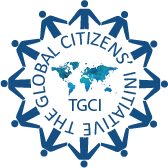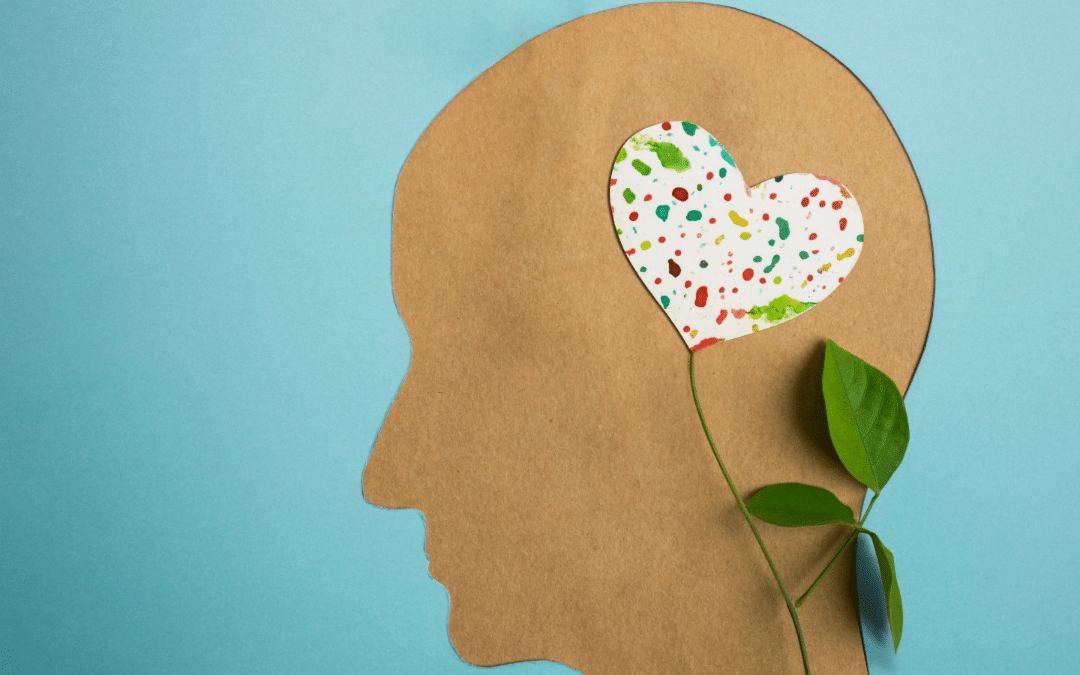In this issue, we share two op-eds that explore:
The three major factors that contributed to the global economy’s fragility.
The steps needed to build a culture of equality and inclusion at the UN.
————————————————————————————————————–
“With U.S. President Joe Biden’s latest escalation of the U.S.-China trade war, it’s clear the world is a far cry from the “Golden Age” of economic globalization that marked the 1990s and early 2000s,” writes Paul Poast in The ‘Golden Age’ of Globalization Is Officially Over. But “how did globalization’s “golden age” come to a halt?” he asks.
Paul Poast is an associate professor in the Department of Political Science and a nonresident fellow at the Chicago Council on Global Affairs. He is author of The Economics of War and co-author of Organizing Democracy.
————————————————————————————————————–
“Creating safe spaces for our colleagues to speak about their lived experiences was transformative. We asked ourselves and those around us tough and tender questions. We had colleagues tell us they felt heard for the first time,” tell Mumtaz Mia and Juliane Drews in their op-ed about the Culture Transformation process inside UNAIDS. “Brave conversations helped colleagues to connect and to advance the tangible changes that matter most to them.”
Juliane Drews oversees UNAIDS’ flagship programs to reach gender parity and empower women.
Mumtaz Mia is a Public Health specialist working on HIV at UNAIDS.

